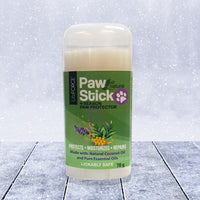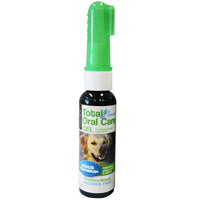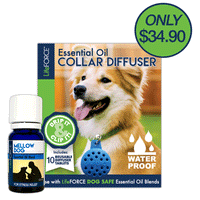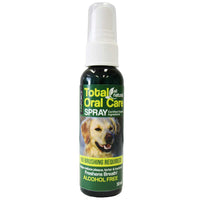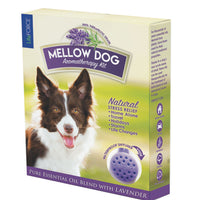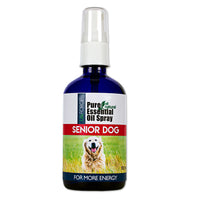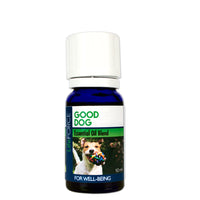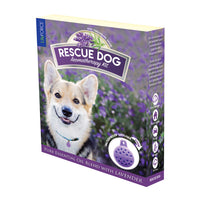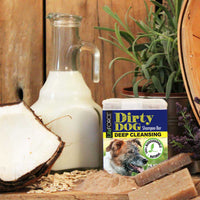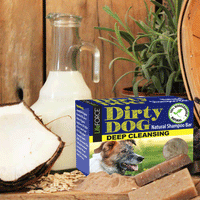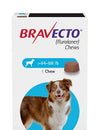King Kale. Touted as a concentrated form of nearly everything that nourishes our bodies, its leafy green leaves and stems seem to call out, I’m good for you!
 “Any vegetable that has a very deep color the way kale does...means there is a high concentration of nutrients, and that translates into a range of antioxidant and anti-inflammatory effects in the body,” says Dr. Deirdre Orceyre. A naturopathic physician at the Center for Integrative Medicine at the
“Any vegetable that has a very deep color the way kale does...means there is a high concentration of nutrients, and that translates into a range of antioxidant and anti-inflammatory effects in the body,” says Dr. Deirdre Orceyre. A naturopathic physician at the Center for Integrative Medicine at the
Indeed, kale is a source of fiber, calcium and vitamins A, E and C. Kale leaves are rich in carotenoids, the colorful plant pigments that--some of which--the body translates into vitamin A. These potent antioxidants enhance the immune system’s response to infections. They help prevent some forms of cancer and heart disease by circulating throughout our bodies, and our pets’ bodies, to scavenge cell-damaging free radicals.
Kale possesses phytochemicals, the organic compounds found in plants that, as well, are shown to markedly decrease the risk of cancer. Certain phytochemicals help cells unload carcinogens and toxins quickly, thereby decreasing the potential for DNA damage. Since phytochemicals work at a cellular level, and canine cells function the same way as ours do, these compounds can also help prevent cancer in dogs. Dr. Deva Hhalsa, VMV, CVA, FBIH, sites one study that found when dogs with cancerous tumors ate kale, their tumors grew more slowly and remained smaller than those in dogs not fed kale.
Few single foods bring our pets such scope and variety when it comes to whole health. In the vegetable kingdom, kale’s remarkable benefits confers it royal status.

